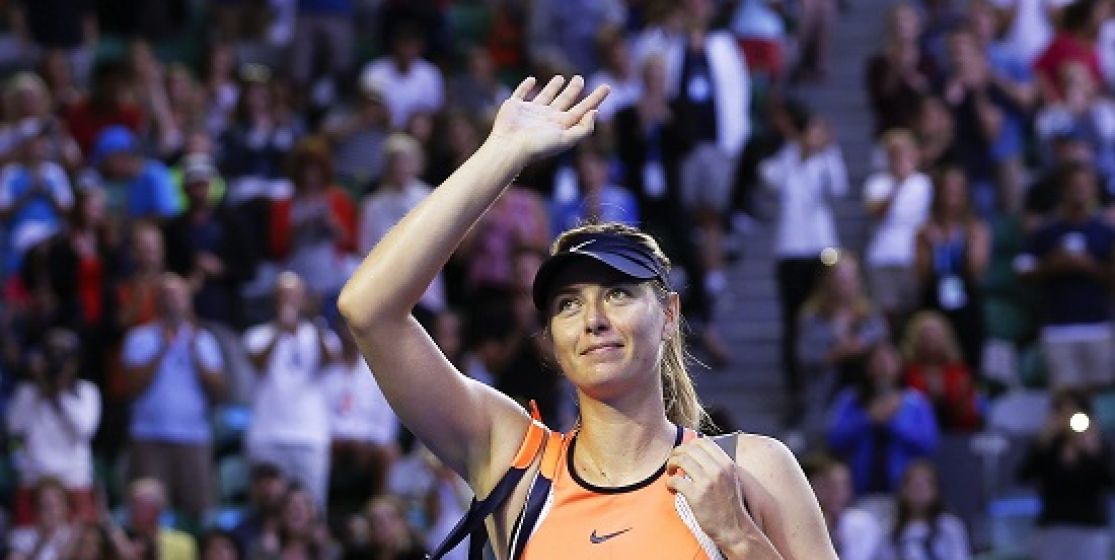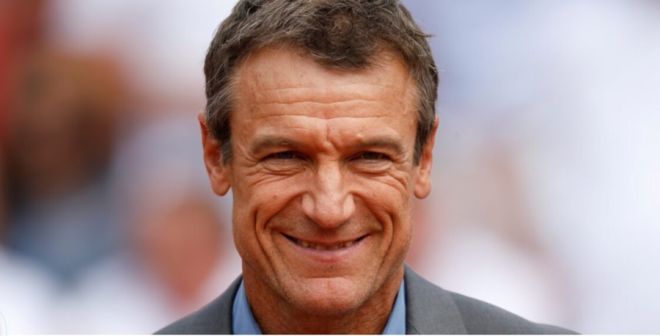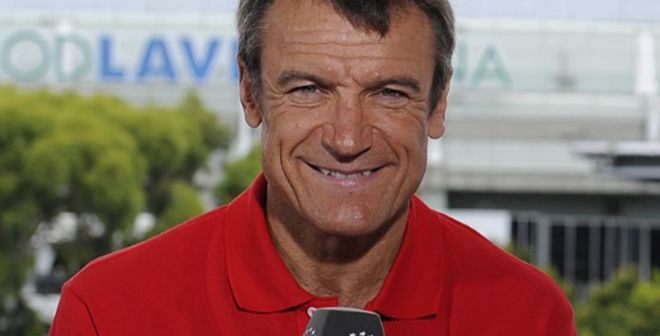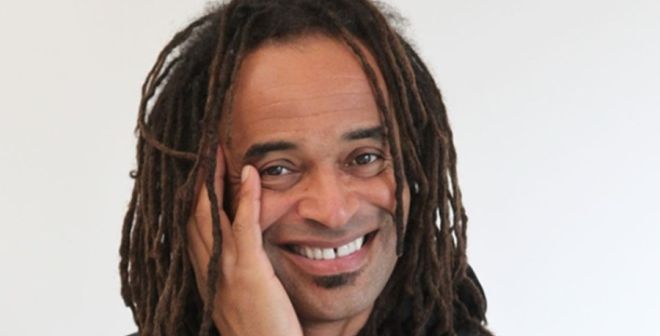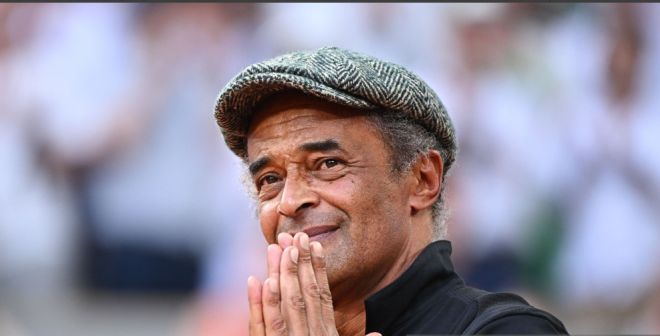“An Independent Tribunal appointed under the 2016 Tennis Anti-Doping Programme has found that Maria Sharapova committed an Anti-Doping Rule Violation under Article 2.1 of the Programme and as a consequence has disqualified the affected results and imposed a period of ineligibility of two years, commencing on 26 January 2016.”
So came the announcement of the fate of Sharapova who in March revealed that she had breached the rules governing anti-doping by testing positive to a banned drug called meldonium. The test had occurred after her quarter-final loss to Serena Williams at the 2016 Australian Open.
Sharapova said via her Facebook page that the tribunal unanimously concluded that the use was unintentional.
“The ITF spent tremendous amounts of time and resources trying to prove I intentionally violated the anti-doping rules and the tribunal concluded I did not,” Sharapova said. “You need to know that the ITF asked the tribunal to suspend me for four years – the required suspension for an intentional violation -- and the tribunal rejected the ITF’s position.”
In her comment on Facebook Sharapova says the ITF selects the independent tribunal; that’s par for the course, this is not a court case with a jury where the defendant might have a say. In essence her claim is that the tribunal can’t be independent because they were selected by the ITF. However Sharapova says they rejected the ITF’s argument that decision should be based around the consumption of the drug was intentional and a ban should be for four years. Now that sounds like a very independent body.
The bottom line is, intentional or unintentional, you as the athlete are responsible for what you consume. You need to know the rules. Your advisors need to know the rules and provide backup advice. That’s the end of it. Updates were posted, she allegedly did not to look at them. Ignorance is NOT an argument.
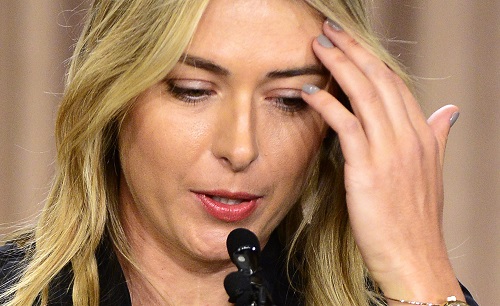
She added: “I will immediately appeal the suspension portion of this ruling to CAS, the Court of Arbitration for Sport.”
It is baffling to try and understand why she even went to an eastern European doctor to get the prescription for the drug rather than speaking with her own doctor. This particular drug is for use for about six weeks, she was taking it for ten years.
There are also allegations that her agent and her father knew that she was on the medication and they were the only ones who knew. If the drug was all above board why would only the two of them be clued in and why wouldn’t you tell the medical services at the WTA so they would also have a record and be able to provide advice?
If that is not a regulation at the respective tours, the WTA and ATP World Tour, maybe it should be introduced post haste as a further step to protection of players.
Yes it is absolutely tough and without doubt it is sad for her and for women’s tennis, but the player has to take total responsibility for knowing what is legal and what is not. She allegedly flipped off the advisories irrespective of where they appear. She has always conducted herself in a professional manner, this time she did not live up to the necessary professionalism.
The statement announcing the ban went on to say: “At a two-day hearing on 18-19 May 2016, the Independent Tribunal received evidence and heard legal arguments from both parties, and subsequently issued a reasoned decision on 8 June. The Independent Tribunal determined that (1) Ms. Sharapova should serve a period of ineligibility of two years; (2) due to her prompt admission of her violation, that period of ineligibility should be back-dated under Article 10.10.3(b) of the Programme to commence from 26 January 2016 (the date of sample collection) and so should end at midnight on 25 January 2018; and (3) her results at the 2016 Australian Open should be disqualified, with resulting forfeiture of the ranking points and prize money that she won at that event.”
Steve Simon the CEO of the WTA responded to the ITF ruling: “It is important at all times for players to be aware of the rules and to follow them. In this case, Maria has taken responsibility for her mistake from the outset. The WTA supports the process that the ITF and Maria have followed. The ITF has made its ruling and, under the Tennis Anti-Doping Program, the decision may be appealed to the Court Arbitration for Sport. The WTA will continue to follow this closely and we hope it will be resolved as soon as possible.”


